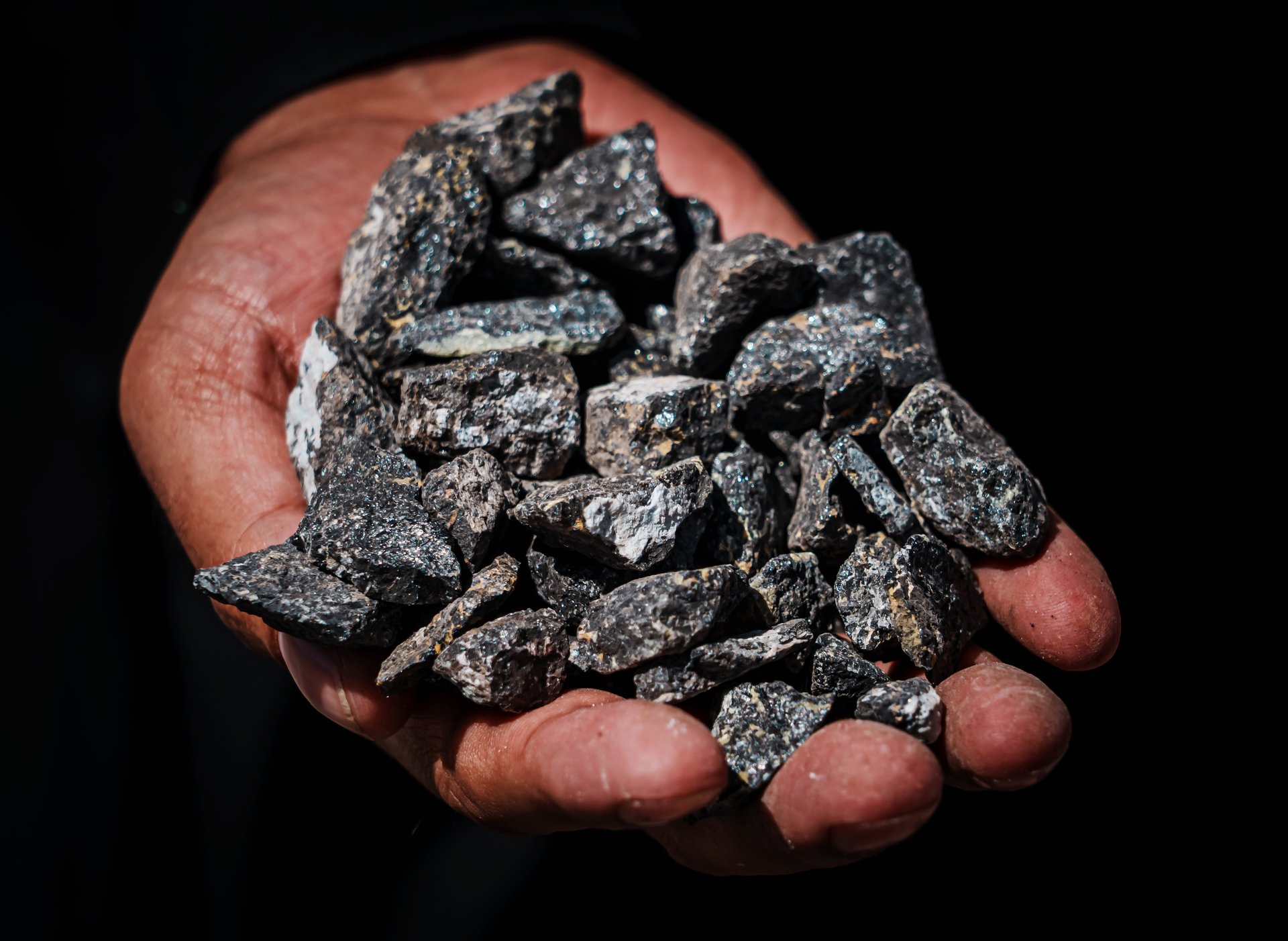🌎 All about rare earths
Plus: Steel yourself for inflation.

Marcus Yam/Los Angeles Times via Getty Images
Good morning, Quartz readers!
Suggested Reading
Here’s what you need to know
What the markets have in store: a high-stakes policy decision and economic projections from the Fed, plus earnings from Accenture, CarMax, Kroger, and Darden Restaurants.
Related Content
Feeling spendy? According to the most recent consumer survey, buyers are feeling better about the U.S. economy — in the short term, at least, as some economic concerns loom large.
Processing a rivalry. AMD wants to take Nvidia’s throne (and market share) and thinks its latest chips and strategic partnerships will help the company do just that.
Apple shifts its core. It’s now getting 97% of its U.S.-sold iPhones from India as it continues to navigate its supply chain away from dependence on China amid trade war concerns.
Model X-tra. Tesla unveiled upgraded versions (with new features, namely: soundproofing) of its popular S and X models — which come with a $5,000 hike to their prices.
Bangtanomics: K-pop group BTS’ long-awaited return — after the members completed military service — will have an outsized impact on South Korea’s GDP and the global economy.
Mine over matter
If you’ve never heard of dysprosium, don’t worry — you’re not alone. But your EV, your iPhone, and the F-35 jet buzzing overhead are well acquainted. Dysprosium is one of the obscure but essential “rare-earth elements” (REEs) that power everything from magnets in Teslas to missile guidance systems — and right now, they’re one of the quietest frontlines in the U.S.-China trade war.
The minerals aren’t actually rare, but the ability to process them is — and China has that part on lock. As of this year, Beijing refines nearly all of the world’s heavy REEs and 90% of the light ones. That control just got sharper: After adding key REEs to its dual-use export control list and throttling magnet exports, China has left U.S. automakers and defense contractors scrambling. Tesla reportedly saw delays; some suppliers are reportedly in “full panic.”
Washington’s response? Rumors of $400-plus million in Defense Production Act funds, a growing rare-earth mine in California, and whispers of a Strategic Rare Earth Reserve. But analysts say it’ll take years before the U.S. can compete — and in the meantime, China’s playing geopolitical chess with a six-month export permit timer.
The next big trade war may be fought not over oil or chips — but over minerals you’ve never heard of and still can’t pronounce. Quartz’s Shannon Carroll has more on the minerals silently running your phone, car, and democracy.
Laundry list of levies
The Trump administration is turning up the heat — and the tariffs — on your next household appliances.
In a fresh twist on an old trade war, the White House announced that tariffs will be slapped on imported appliances made with steel, including washer-dryers, fridge-freezers, dishwashers, and cooking stoves. The levies, dubbed “steel-derivative product” tariffs by the Commerce Department, go into effect June 23. If it sounds like déjà vu, you’re not wrong — this is basically “Trump Trade War: Home Edition.”
The announcement follows last week’s doubling of steel and aluminum tariffs to 50%. President Donald Trump hinted that auto tariffs may be next: “The higher you go, the more likely it is they build a plant here [in the U.S.],” he said, presumably referring to car manufacturers and not Whirlpool.
Economists, meanwhile, are shaking their heads — again. Tariffs tend to function as taxes on consumers, with price hikes arriving not immediately, but eventually, like a slow-motion punch from a heavyweight boxer. Though May’s Consumer Price Index clocked in at a manageable 2.4% year-over-year, analysts expect a summer surge as inventories dwindle and tariff costs ripple through the supply chain.
This isn’t Trump’s first load of appliance-related tariffs. Back in 2018, he imposed similar duties on imported washing machines. It did spark some domestic hiring, but at a sudsy cost: One analysis found each job created came out to $817,000 — paid for by American shoppers.
If history repeats, your next trip to Best Buy might come with sticker shock. Quartz’s Joseph Zeballos-Roig has more on why Trump’s tariffs are coming home to roost.
